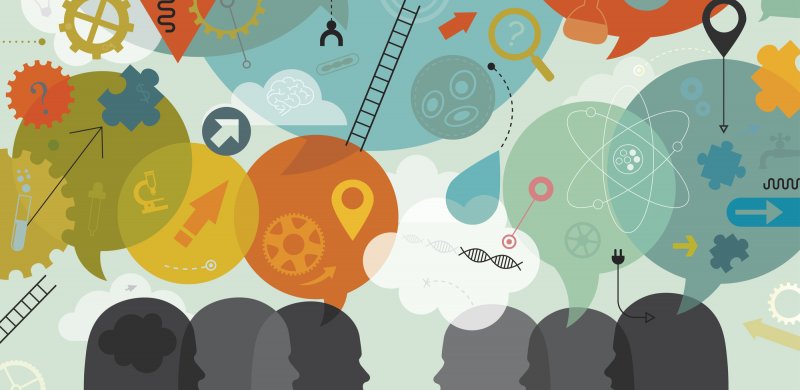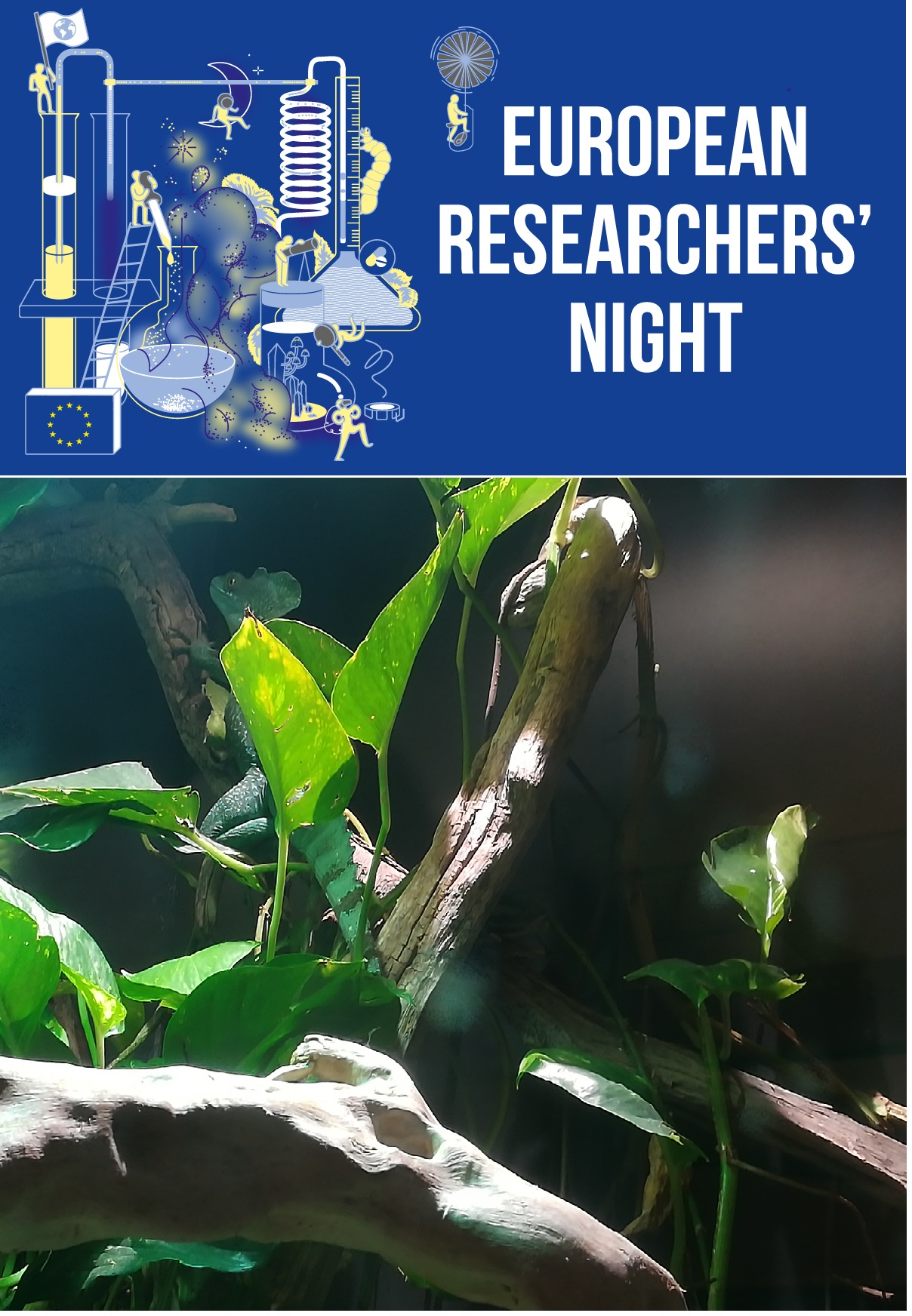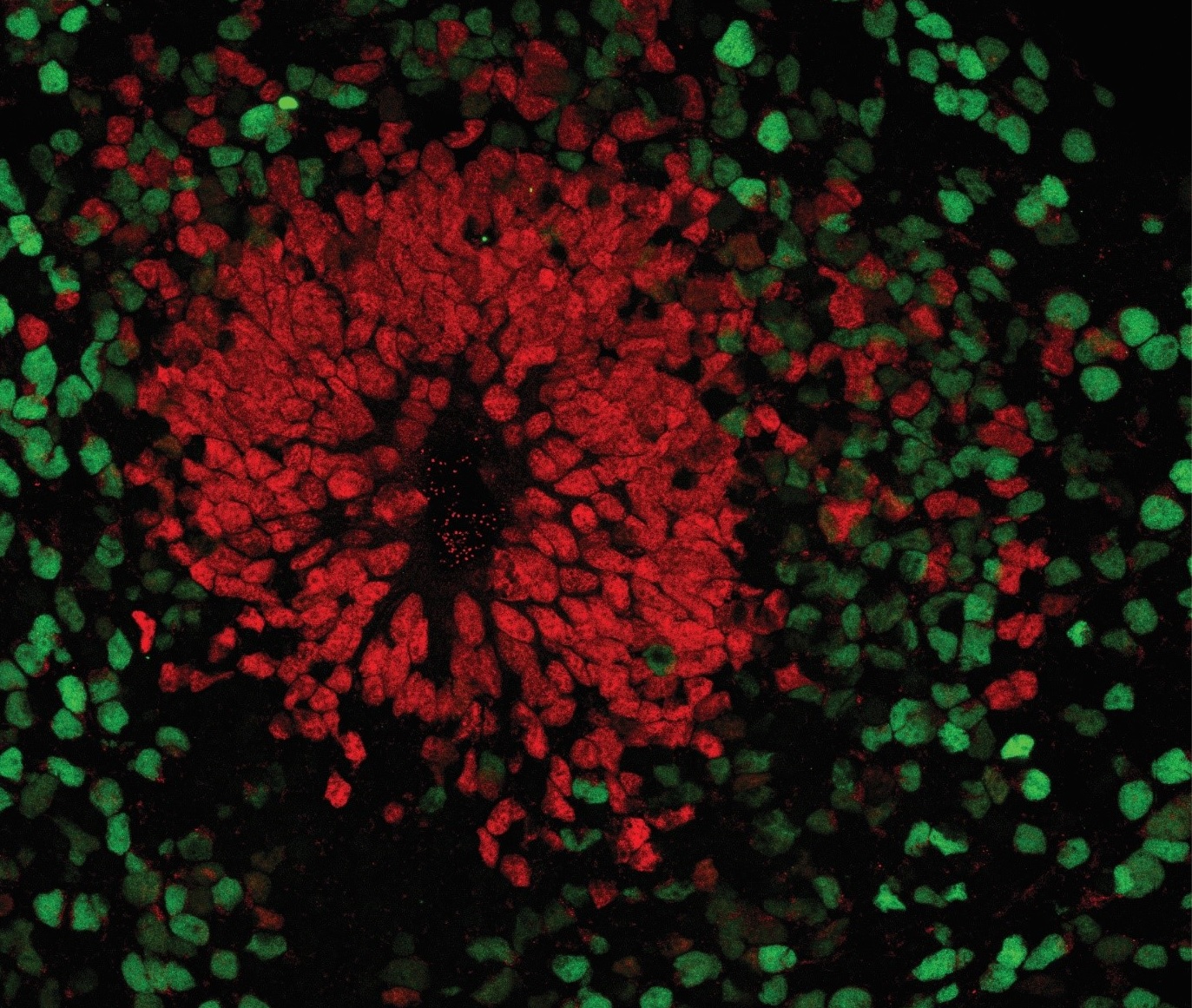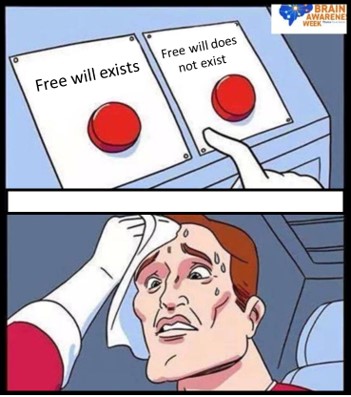The power of (science) communication (Manuela Rizzi)
Can you imagine a life without communication? Impossible, right? And even more in this era of internet and social media.
During our life we all learn how to communicate from the moment we are born. Starting from simple words, such as “mum” and “dad”, we continue to learn how to express ourselves in order to fulfil our needs. Then, this process becomes more complex by starting school, where we learn different kinds of notions that will constitute our critical thinking and will address us to a specific field of which we want to learn everything. For me, that specific area of interest is neuroscience, and I am enrolled in a PhD program to understand some of the molecular mechanisms underneath brain function. This, more broadly, translates in understanding communication at the neuronal level by joining the different pieces of a puzzle that we want to complete, together with the other colleagues of the Syn2Psy network!
In order to define myself as neuroscientist there is a long path of study, which is for sure never ending: just think about how complex our brain is! What we know today is the fruit of several centuries of research. But research alone is not enough: without communicating it, there would be no basis on which to continue investigating and most of our work would be useless. In an environment as research and science, communication is fundamental. Imagine having teams of researchers discovering new theories but not letting anyone know. First of all, we would not be as many as we are today, since discovered therapies would still be hidden in scientists’ notebooks!

(https://erc.europa.eu/news-events/magazine/can-communication-improve-your-science)
But the crucial question is: how to let the general public get closer to this world? During my studies I often realized how far people are from science, and the first example that comes into my mind is trying to explain to my family and friends what I was studying. I must have told them thousands of times, but they still don’t remember the name of my master’s degree! I bet most of my Syn2Psy colleagues faced this as well.
It seems to me that there is a deep-rooted belief that only people from science can understand science and I think today we can see a clear example of what this can lead to.
The inspiration for this post came from an interesting video that I saw on Facebook from an Italian youtuber, who explains science in a funny manner. The main topic was about COVID-19 pandemic and replying to people protesting against and denying measures taken by the governments by citing several scientific studies, but still doing so in an hilarious fashion.
This pandemic is an unforeseen situation we are facing, which is impacting our life in several ways. As for something we don’t know much about, it scares us and instils the need to know more, because the human mind cannot bear the uncertain and seeks explanations. This situation made me realise how important the way news are communicated is, and the impact of social media in our life. Although it is a powerful mean to boost all kinds of connections in a fast and simple way, it can also be a harmful weapon when not used correctly. You may think communication takes benefit from it. This is certainly true. However, the easiness with which news are spread is inversely proportional to their reliability. This demands a higher ability to effectively discern between news that have a fundament, and on which to build critical thinking, from the increasing load of “fake news”.
If you think about surfing on Facebook for example, more and more public pages share posts with catchy headlines, which when you read the article, you realize that the content is completely different from what was announced, and often with no reference to sources. The problem is that we are relying almost exclusively on social media to be informed about what happens in the world and to answer to our questions. Quality newspapers with articles written by experts do not reach the general public as well as social media, and this creates a lot of misinformation. This misinformation leads not only to the diffusion of hundreds of confounding theories, but also, sadly, it can have impact on other people’s lives. Unfortunately, this is an example from real life, although I wish it was fiction. And from this, I have gotten even more aware that during my path I should, in the first place, strengthen my communication skills, in addition to performing experiments in the lab.

During lockdown I had the chance to practice this by creating a short video where I present my research in simple words. Other videos from my colleagues will be available soon too. You can watch them on the website, on the “SimpleSci” section. In addition, I am writing together with my colleague Elisa Corti, an article to be published in a scientific review for kids. Although this is a really exciting activity, I realized that it is not that easy to make such a complex and still unknown world understandable for the general public, but it is necessary in order to let everyone feel close to science and not to think of it as an obscure and unreachable subject.
I also started joining events such as the “Researchers’ Night” which is a great opportunity to bring the public in contact to science through games and fun experiments. I had the pleasure to share this experience both in Trento and in Coimbra, with my Syn2Psy colleagues, during our kick-off meeting.
I hope to have even more occasions for you, the readers, to start being more familiar with science through our pieces of communication!
See you soon!
By Manuela Rizzi




Be the first to reply